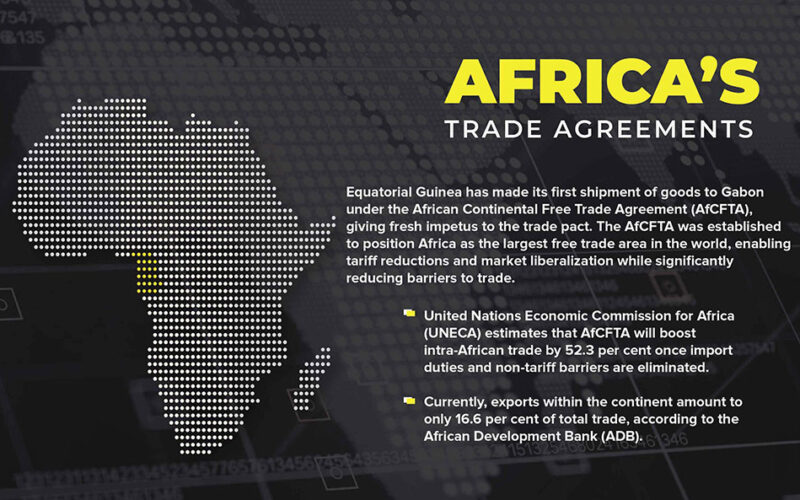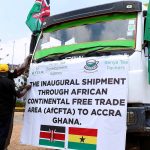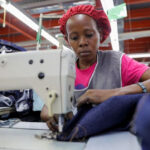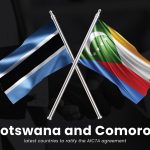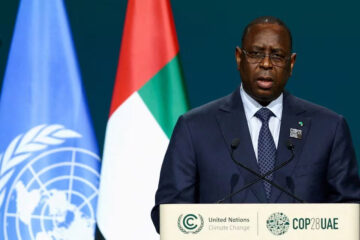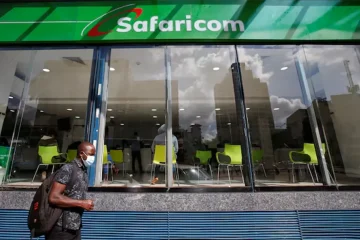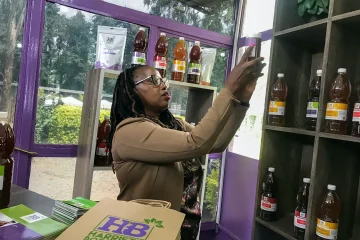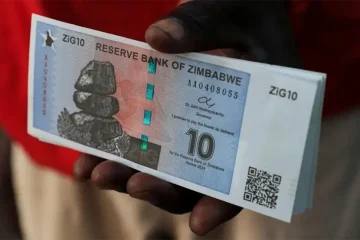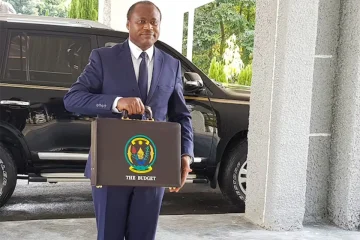SETH ONYANGO, BIRD
EQUATORIAL Guinea has made its first shipment of goods to Gabon under the African Continental Free Trade Agreement (AfCFTA), giving fresh impetus to the trade pact.
Guinea shipped 2,000MT methanol to Gabon, illustrating that countries are keen to take advantage of the free trade pathway to boost their export receipts.
It further shows that African states can leverage the free trade outfit to trade with each other as the COVID-19 pandemic continue to disrupt international supply chains.
Africa Energy Chamber said in a statement that the upcoming Africa Energy Week in November would build on this momentum to showcase the value of regional trade and cooperation in driving the continent’s economic growth.
“The shipment marks an important step in the move to create a viable regional natural gas trade network, whereby reserves can be effectively monetized – through the conversion into LNG, power and petrochemicals – and used to drive regional economic growth and industrialization,” read the statement in part.
“African Energy Week (AEW) 2021 in Cape Town will not only promote the value of regional trade and cooperation in driving energy sector growth but will both emphasize and showcase post-AfCFTA opportunities.”
Two Ghanaian companies became pioneer exporters of products using the AfCFTA preferences, marking a major milestone in the short but eventful history of the trade pact.
United Nations Economic Commission for Africa (UNECA) estimates that AfCFTA will boost intra-African trade by 52.3 per cent once import duties and non-tariff barriers are eliminated.
Currently, exports within the continent amount to only 16.6 per cent of total trade, according to the African Development Bank (ADB).
The AfCFTA went live on January 1 and will cover a GDP of 2.5 trillion US dollars of the market, and help diversify intra-African trade by encouraging more industrial goods as opposed to extractive goods and natural resources.
Historically, more than 75 per cent of African exports outside the continent consisted of extractive commodities, whereas only 40 per cent of intra-African trade were extractive.
The AfCFTA was established to position Africa as the largest free trade area in the world, enabling tariff reductions and market liberalization while significantly reducing barriers to trade.
Since its implementation, the agreement has boosted output in the services, manufacturing and natural resources sectors, enabling resource-rich countries to enhance production and monetize resources, and energy-deficient countries to capitalize on new trade opportunities.
The AfCFTA is tasked to implement protocols to eliminate trade barriers and cooperate with member states on investment and competition policies, intellectual property rights, settlement of disputes and other trade-liberating strategies.

